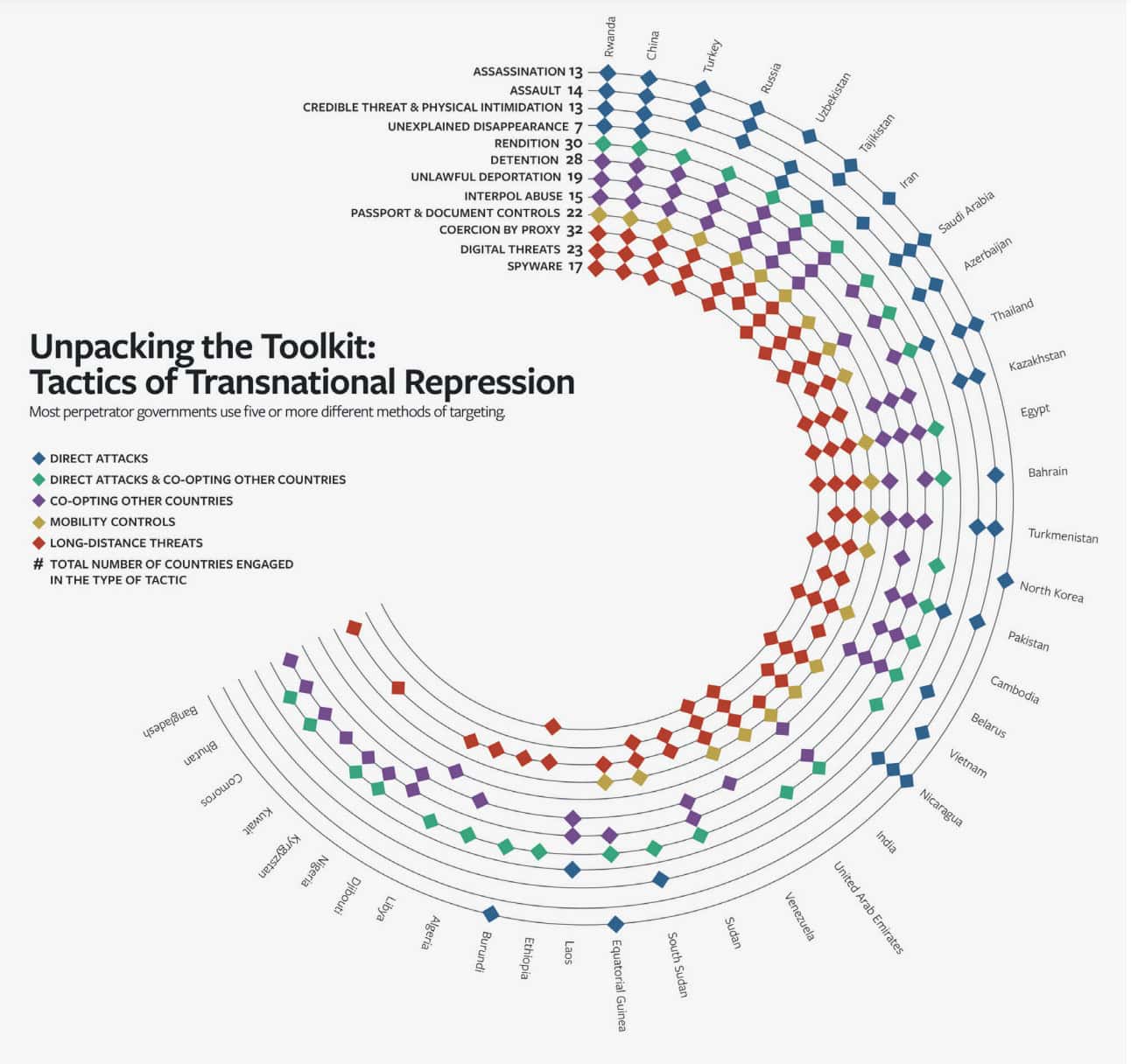Introduction
Since Belarus dissidents President Alexander Lukashenko brutally crushed mass protests following the disputed 2020 elections, hundreds of thousands of Belarusians have fled the country. But for many dissidents living in exile, safety abroad is far from guaranteed.
New reports reveal that Lukashenko’s regime continues to pursue, harass, and intimidate critics well beyond Belarus’s borders, targeting both exiles and their relatives back home as part of an aggressive crackdown on dissent Belarus dissidents.

The Mass Exodus Since 2020
Following widespread allegations of vote-rigging in the 2020 presidential election, unprecedented protests erupted across Belarus. The regime responded with a sweeping crackdown, arresting tens of thousands of protesters, journalists, and opposition leaders. As repression escalated, many Belarusians fled to neighboring countries and beyond, seeking political asylum.
Among those exiled was journalist Tatsiana Ashurkevich, who continued reporting on events in Belarus from abroad. But earlier this year, she discovered her former apartment in Minsk had been sealed shut with construction foam—a message she immediately recognized as intimidation by the authorities.
Intimidation Tactics Against Exiles
After confronting an Instagram follower she suspected of being an informant, Ashurkevich was asked to supply information about Belarusians fighting for Ukraine—an apparent recruitment attempt by the regime. She promptly blocked the account, but the incident underscores how Belarusian security forces continue to target exiled activists.

Another prominent dissident, Anna Krasulina, who works as press secretary for exiled opposition leader Svetlana Tikhanovskaya, receives threatening messages so frequently that she routinely puts her phone on airplane mode at night. Both women have been sentenced to lengthy prison terms in absentia for alleged extremist activity and coup plotting—charges widely seen as politically motivated.
Trials in Absentia and Family Harassment
Since a 2022 decree allowed trials in absentia, more than 200 criminal cases have been opened against exiled opponents, according to human rights group Viasna. The regime often uses these cases to justify raiding homes and harassing relatives of exiles inside Belarus.
Many exiles now avoid participating in protests or public events abroad, fearing retaliation against their families still living under Lukashenko’s rule. As one anonymous exile told the BBC: “It’s terrifying when you can’t help them. You can’t go back. You can’t support them.”
Intensified Surveillance and Soviet-Era Tactics
Security services continue to track dissidents’ activities abroad using photos, videos, and social media posts. Analyst Hanna Liubakova, herself sentenced to 10 years in absentia, says: “Even if someone in Belarus understands everything, they’ll think three times before talking to a ‘terrorist.’”

Belarusian dissidents frequently describe the tactics used by the regime as updated versions of Soviet KGB practices—intimidation mixed with psychological pressure, technological surveillance, and occasional offers of leniency in exchange for cooperation.
Activist Andrei Strizhak, head of the support group Bysol, describes Minsk’s harassment as a “war of attrition” aimed at exhausting exiled opponents: “We’re doing everything we can to stay resilient, but every year, it takes more and more effort.”
Russia: A Dangerous Haven
Exiles who flee to Russia face particular danger. Belarusian authorities report that Russia extradited at least 16 dissidents back to Belarus in 2022 alone. For many, fleeing Belarus only to face forced repatriation from Russia underscores the transnational reach of Lukashenko’s security apparatus.
Lukashenko’s Strategy: Breaking Ties and Crushing Opposition
Analysts see the regime’s harassment of relatives as part of a deliberate strategy to sever ties between exiles and their families, isolating critics and weakening organized opposition abroad. “Lukashenko wants us to feel unsafe even abroad, to know that we’re being watched,” says Liubakova.
By creating an atmosphere of constant fear, the regime seeks to deter political organizing in exile while sending a clear warning to others still inside Belarus who may be contemplating dissent.
Conclusion: The Long Reach of Authoritarianism

Despite the risks, many exiled Belarusians continue their activism abroad, raising international awareness about human rights violations inside Belarus. Yet as Lukashenko’s crackdown extends across borders, the global Belarusian diaspora faces growing insecurity and relentless pressure.
With no signs of political liberalization, Belarus remains one of Europe’s most repressive states—its authoritarian regime determined to quash opposition wherever it exists.
Read more about Belarus’s 2020 Protests and the Rise of Lukashenko’s Authoritarian Rule.
Further resources:
- The Morning News Informer – Belarus Human Rights Violations
- Freedom House – Belarus Freedom in the World 2024
Call to Action
What can the international community do to protect Belarusian dissidents abroad? Share your views in the comments below and subscribe for more in-depth coverage on authoritarian regimes and human rights issues.